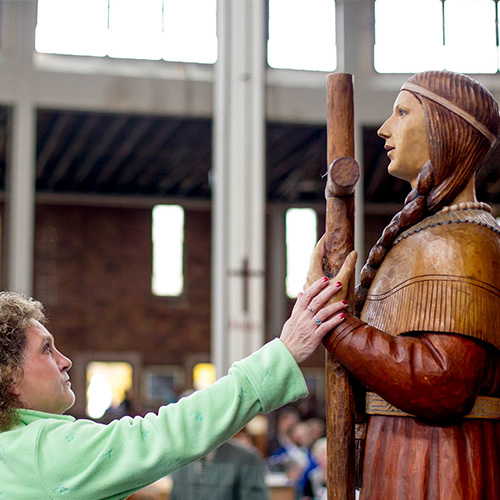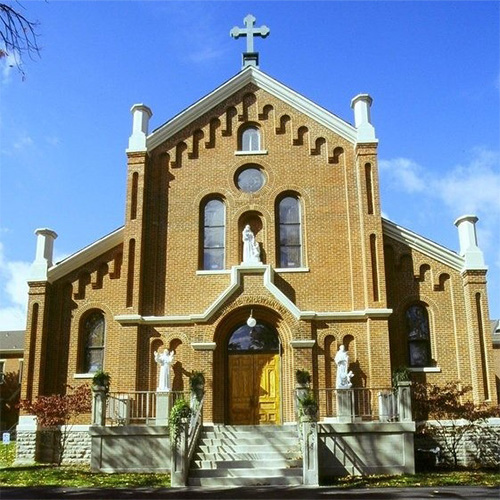 While the beauty of summer is unscheduled time, you should take the time to plan your visit to a shrine or pilgrimage site to be certain you don’t miss the opportunity to fully participate in what can be a profound spiritual experience. Check their websites for seasonal hours, Mass and confession schedules and tours. Some churches may offer guided tours at specified times, have limited hours at certain times of the year or offer special services on feast days or Holy Days that are well worth planning a trip around.
While the beauty of summer is unscheduled time, you should take the time to plan your visit to a shrine or pilgrimage site to be certain you don’t miss the opportunity to fully participate in what can be a profound spiritual experience. Check their websites for seasonal hours, Mass and confession schedules and tours. Some churches may offer guided tours at specified times, have limited hours at certain times of the year or offer special services on feast days or Holy Days that are well worth planning a trip around.
 Don’t rush your visit to a sacred site. Allow yourself time for prayer in all the spaces on the campus, whether that’s the main church, a side chapel, a crypt or an altar that houses a relic. The grounds of many of these sites are also breathtaking and afford opportunities to admire both the architecture of the building and the tranquil beauty of God’s creation.
Don’t rush your visit to a sacred site. Allow yourself time for prayer in all the spaces on the campus, whether that’s the main church, a side chapel, a crypt or an altar that houses a relic. The grounds of many of these sites are also breathtaking and afford opportunities to admire both the architecture of the building and the tranquil beauty of God’s creation.

